
Asokwa: The Vibrant Heart of Kumasi
Asokwa, situated in the bustling city of Kumasi, Ghana, is a vibrant neighbourhood that seamlessly blends tradition and modernity. As you wander through its lively streets, you'll find a mix of local markets, contemporary shopping centres, and a variety of eateries that offer both authentic Ghanaian dishes and international cuisine. The area is known for its friendly locals and energetic atmosphere, making it a welcoming destination for tourists. Asokwa is also home to several key landmarks and attractions. The Baba Yara Stadium, one of the largest and most iconic stadiums in Ghana, is a must-see for sports enthusiasts. Nearby, the Kumasi City Mall provides a modern shopping experience with a range of local and international brands, perfect for a leisurely day out. For a deeper cultural experience, visit the vibrant local markets where you can shop for traditional crafts, textiles, and unique souvenirs. Transportation in Asokwa is convenient, with numerous options available including taxis, buses, and ride-sharing services. This ensures that exploring the wider Kumasi area is both easy and enjoyable. Whether you are interested in shopping, dining, or simply soaking up the local culture, Asokwa offers a diverse and enriching experience for all visitors.
Local tips in Asokwa
- Visit the Baba Yara Stadium for an exhilarating sports event and to experience local football culture.
- Shop at the Kumasi City Mall for a mix of local and international brands.
- Explore the local markets for unique crafts and traditional textiles.
- Try local eateries for authentic Ghanaian dishes like jollof rice and waakye.
- Use taxis or ride-sharing services for convenient transportation around Asokwa and Kumasi.
Asokwa: The Vibrant Heart of Kumasi
Asokwa, situated in the bustling city of Kumasi, Ghana, is a vibrant neighbourhood that seamlessly blends tradition and modernity. As you wander through its lively streets, you'll find a mix of local markets, contemporary shopping centres, and a variety of eateries that offer both authentic Ghanaian dishes and international cuisine. The area is known for its friendly locals and energetic atmosphere, making it a welcoming destination for tourists. Asokwa is also home to several key landmarks and attractions. The Baba Yara Stadium, one of the largest and most iconic stadiums in Ghana, is a must-see for sports enthusiasts. Nearby, the Kumasi City Mall provides a modern shopping experience with a range of local and international brands, perfect for a leisurely day out. For a deeper cultural experience, visit the vibrant local markets where you can shop for traditional crafts, textiles, and unique souvenirs. Transportation in Asokwa is convenient, with numerous options available including taxis, buses, and ride-sharing services. This ensures that exploring the wider Kumasi area is both easy and enjoyable. Whether you are interested in shopping, dining, or simply soaking up the local culture, Asokwa offers a diverse and enriching experience for all visitors.
Iconic landmarks you can’t miss
Manhyia Palace
Explore the cultural richness of the Ashanti Kingdom at Manhyia Palace, a historic museum in Kumasi showcasing art, history, and royal heritage.
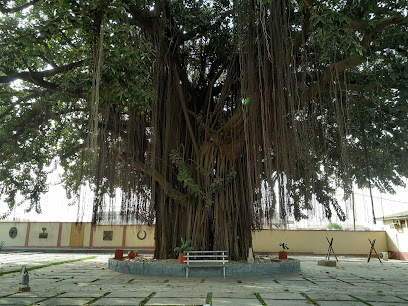
Royal Parade Grounds
Explore the lush landscapes and cultural heritage at Kumasi's Royal Parade Grounds, a perfect retreat for relaxation and exploration.
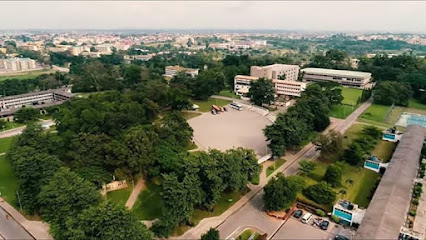
komfo Anokye Sword Site
Experience the intriguing legend of the Komfo Anokye Sword Site, a historic landmark in Kumasi, Ghana, symbolizing the Ashanti Empire's rich cultural heritage.
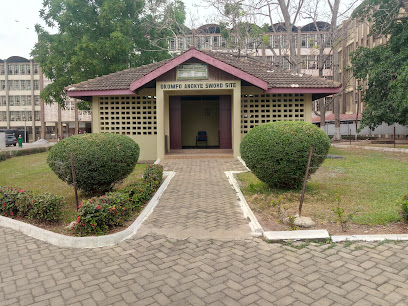
KNUST Botanical Garden
Explore the lush landscapes and diverse flora at KNUST Botanical Garden, a serene retreat in the heart of Kumasi, Ghana.
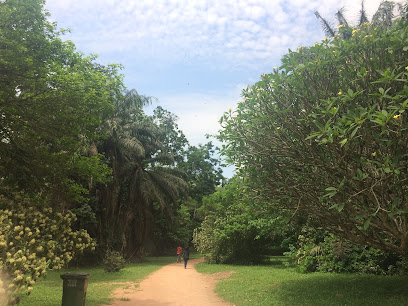
Anloga junction
Explore Anloga Junction, a historical landmark in Kumasi, where culture and tradition converge in the heart of the Ashanti Region.
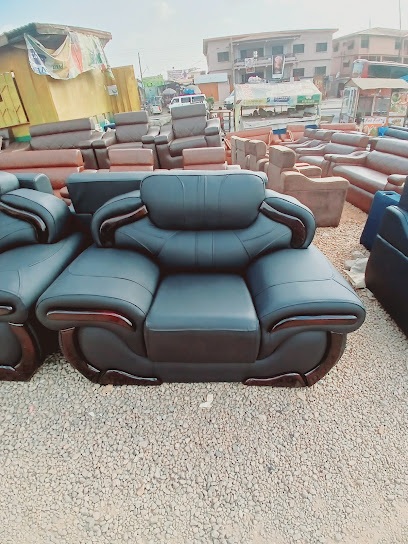
Africa Unity Park
Explore Africa Unity Park in Kumasi, a serene green oasis filled with lush landscapes, cultural monuments, and a tranquil atmosphere for relaxation and exploration.
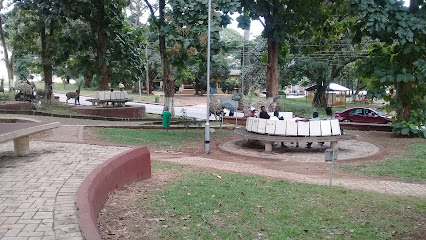
Kyeremateng Park
Discover the serene beauty of Kyeremateng Park, a tranquil oasis in Kumasi perfect for relaxation, picnics, and enjoying nature's splendor.
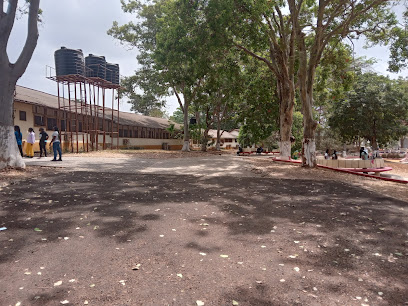
Kwame Nkrumah's Statue And Fountain
Explore Kwame Nkrumah's Statue and Fountain, a historical landmark in Kumasi that celebrates Ghana's first president and the spirit of independence.
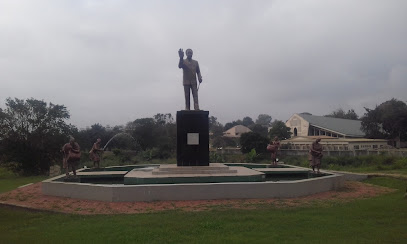
Asokwa old Town
Experience the vibrant culture and rich traditions of Asokwa Old Town in Kumasi, Ghana, a bustling community center full of life and local charm.

DR. ACHAMPONG'S AVENUE + DR. AKWASI ACHAMPONG'S STREET
Experience the rich cultural heritage and vibrant history of Kumasi at Dr. Achampong's Avenue, a landmark of architectural beauty and local charm.

DR.AKWASI ACHAMPONG'S STREET
Explore the rich heritage of Kumasi at Dr. Akwasi Achampong's Street, a historical landmark that showcases the vibrant culture of the Ashanti people.
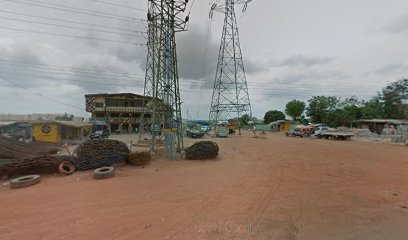
Asokwa
Explore Asokwa in Kumasi, where fashion meets culture in a vibrant Ghanaian district, offering unique experiences and authentic local flavors.

Unmissable attractions to see
Royal Parade Grounds
Discover tranquility and cultural richness at the Royal Parade Grounds, Kumasi's serene park perfect for relaxation and local experiences.
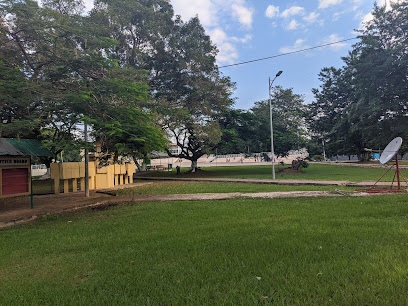
komfo Anokye Sword Site
Explore the legendary Komfo Anokye Sword Site in Kumasi, a historical landmark of Ghana that embodies cultural heritage and spiritual significance.
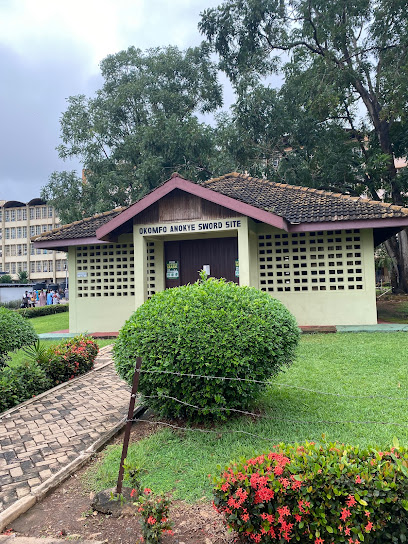
Kyeremateng Park
Explore the serene beauty of Kyeremateng Park in Kumasi, a perfect urban oasis for relaxation, picnics, and cultural engagement.
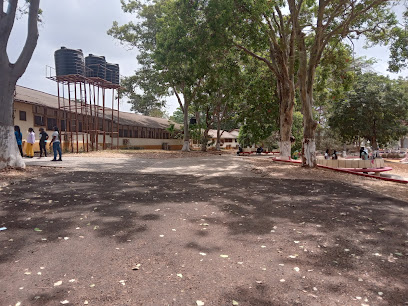
Conti Nkonnwa Fie
Explore the cultural vibrancy of Conti Nkonnwa Fie at KNUST, where Ghanaian traditions and student life come alive in a picturesque setting.
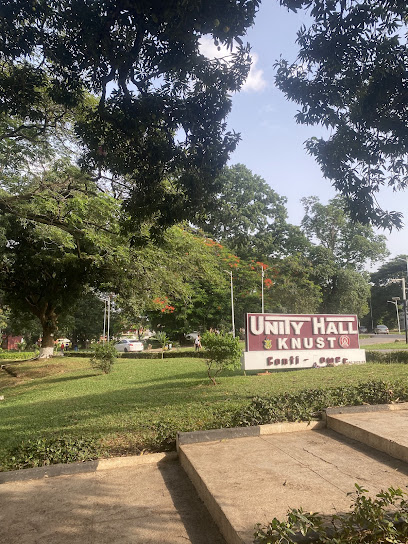
Essential places to dine
Starbites Asokwa
Experience authentic Ghanaian cuisine blended with international flavors at Starbites Asokwa in Kumasi.
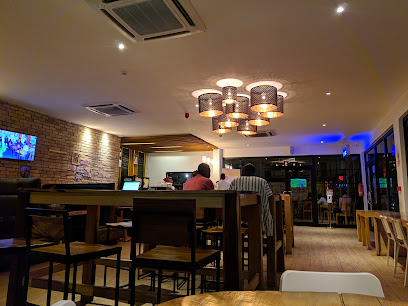
Aca Poco Sports Pub & Restaurant
Experience authentic Ghanaian cuisine and vibrant sports culture at Aca Poco Sports Pub & Restaurant in Kumasi.
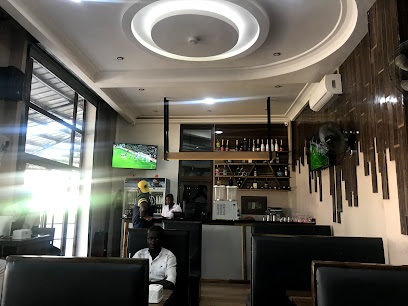
Sankies Restaurant
Discover authentic Ghanaian flavors at Sankies Restaurant in Kumasi – where every meal tells a story.
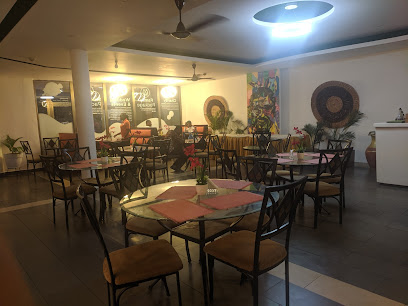
Super-Mc Restaurant
Discover authentic Ghanaian flavors at Super-Mc Restaurant in Kumasi—where culinary tradition meets modern dining.
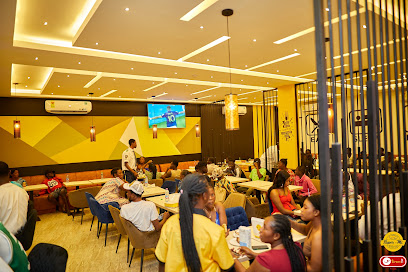
Asantewaa food joint
Discover authentic Ghanaian cuisine at Asantewaa Food Joint in Kumasi—where every dish tells a story and every bite is filled with flavor.
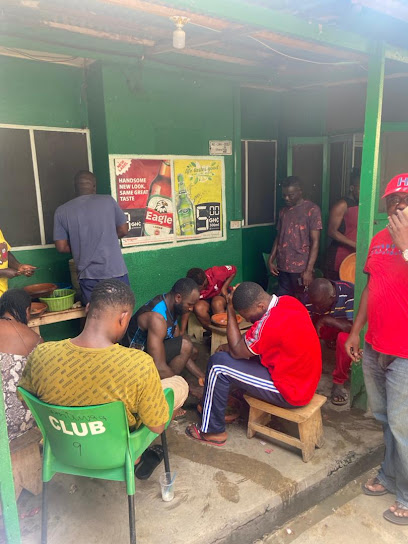
Sanbra Kitchen
Discover authentic Ghanaian cuisine at Sanbra Kitchen in Kumasi - where every dish tells a story.
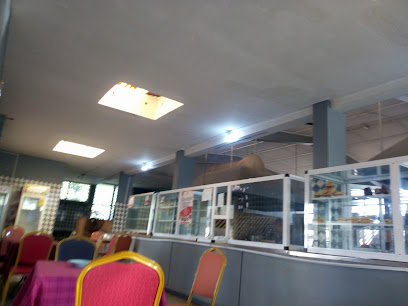
Mimi's kitchen
Discover authentic Ghanaian flavors at Mimi's Kitchen in Kumasi – where every dish tells a story.
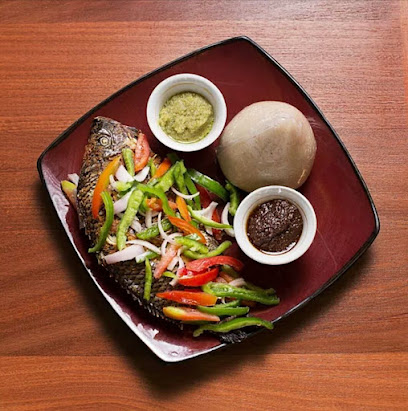
Grand Tasty Kitchen
Experience authentic Ghanaian flavors at Grand Tasty Kitchen – a culinary haven in Kumasi offering delicious dishes and warm hospitality.
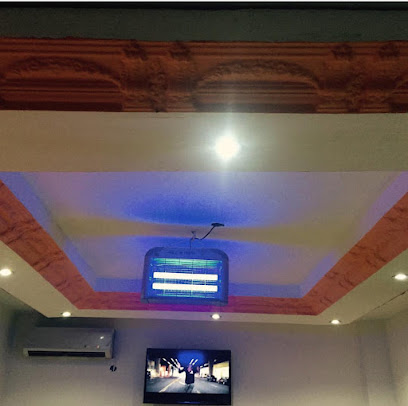
Obaa Paaa Restaurant
Discover authentic Ghanaian cuisine at Obaa Paaa Restaurant in Kumasi - where every meal tells a story.

SPAGHCITY
Experience the taste of Italy in Kumasi at SPAGHCITY - where every dish tells a story.
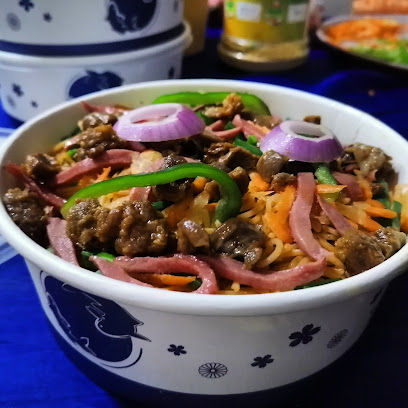
Markets, malls and hidden boutiques
Kumasi City Mall
Experience the vibrant shopping culture of Ghana at Kumasi City Mall, where local and international brands meet delightful dining and entertainment.
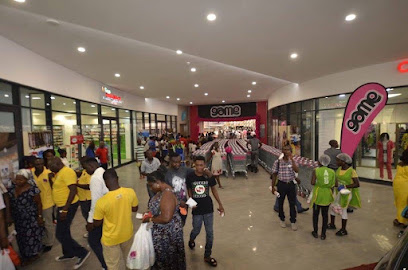
Jubilee Mall
Experience the best of shopping, dining, and entertainment at Jubilee Mall in Kumasi, a vibrant hub for locals and tourists alike.
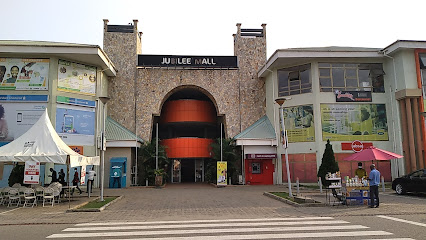
Opoku Trading Supermarket
Explore the vibrant Opoku Trading Supermarket in Kumasi for a unique shopping experience filled with local flavors and cultural richness.
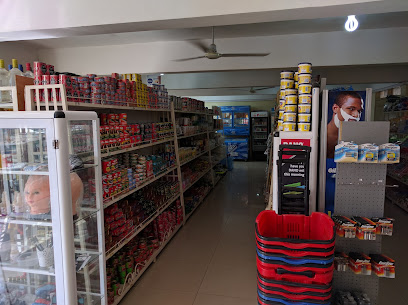
Orca Deco Kumasi
Explore Orca Deco Kumasi for unique home goods that blend traditional Ghanaian craftsmanship with modern design at affordable prices.
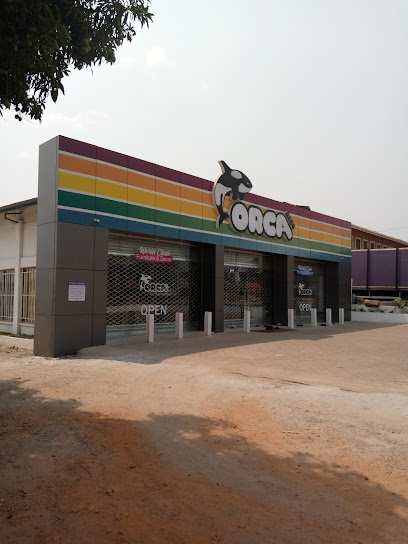
Excellence Boutique
Explore the vibrant craftsmanship of Ghana at Excellence Boutique, a must-visit destination for unique clothing and accessories in Kumasi.
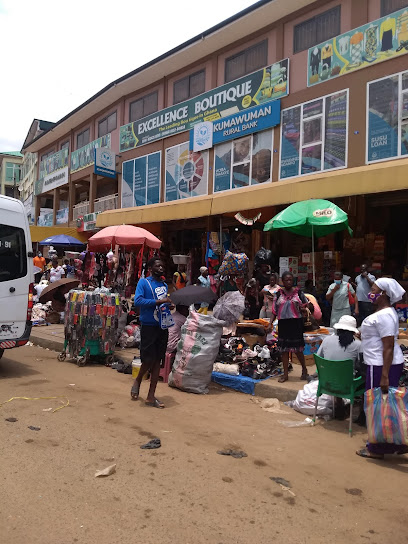
DeBrand Gift and Souvenir Boxes
Discover the heart of Ghanaian culture at DeBrand Gift and Souvenir Boxes, where every item tells a story and every souvenir is a cherished memory.
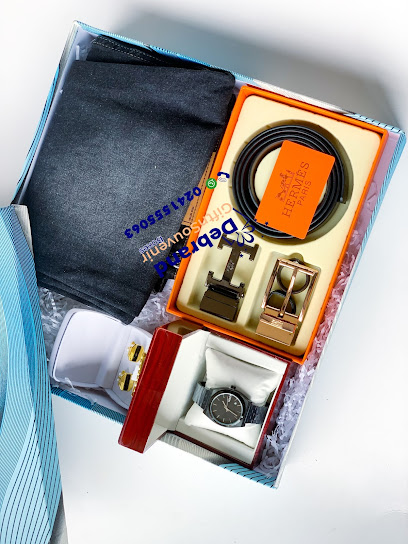
Niellas Gift Hub & More
Explore the rich cultural heritage of Ghana at Niellas Gift Hub & More, a unique gift shop in Kumasi offering handcrafted treasures and local artistry.
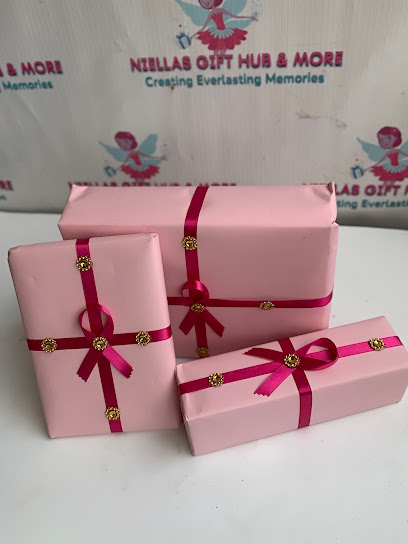
Akosua's Kente
Explore the rich tapestry of Ghanaian culture at Akosua's Kente, your destination for exquisite Kente fabrics and authentic craftsmanship.
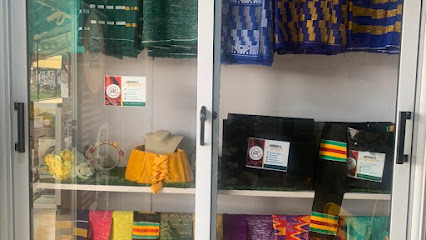
Jenesus
Explore the essence of Ghanaian culture at Jenesus, a boutique offering unique crafts and fashion in Kumasi's vibrant atmosphere.
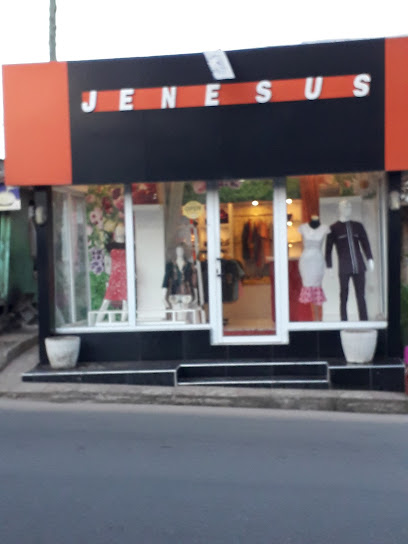
LILIAN BOUTIQUE
Explore unique fashion and handcrafted items at Lilian Boutique, a hidden gem in Kumasi showcasing Ghanaian culture and craftsmanship.

Essential bars & hidden hideouts
Sky Bar Kumasi
Discover the vibrant Sky Bar Kumasi, where stunning views meet delicious grilled cuisine and unforgettable nightlife experiences.
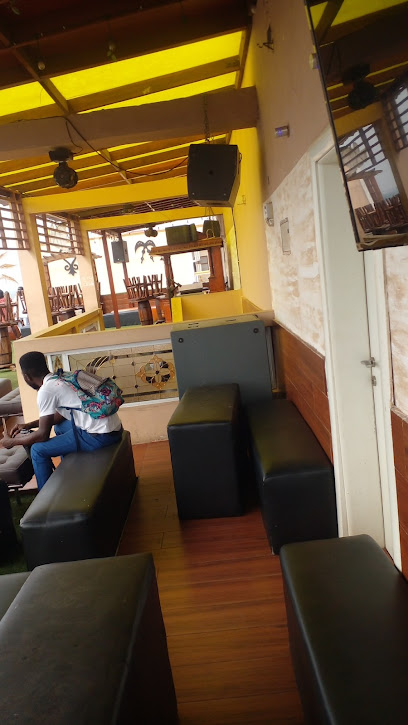
BullDog Pub - Ksi
Experience the vibrant energy of BullDog Pub in Kumasi, where sports, food, and fun come together for an unforgettable night.
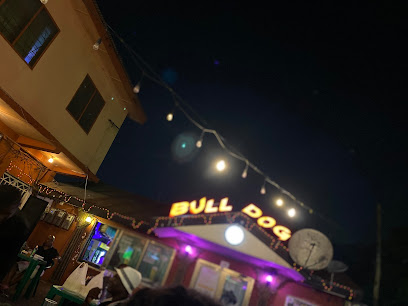
Lovely Pub
Experience the vibrant nightlife at Lovely Pub in Kumasi, a perfect blend of local culture and refreshing drinks in a welcoming atmosphere.
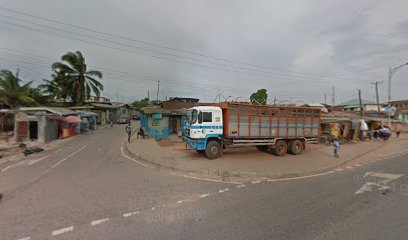
Welldodge Pub
Discover the heart of Kumasi's nightlife at Welldodge Pub, where vibrant culture meets a welcoming atmosphere and refreshing drinks.

Goodies Pub
Goodies Pub in Kumasi is the perfect spot for tourists to experience local nightlife, vibrant atmosphere, and a taste of authentic Ghanaian culture.

Apuu Bar
Experience Kumasi's vibrant nightlife at Apuu Bar, where local flavors and a lively atmosphere come together for an unforgettable evening.
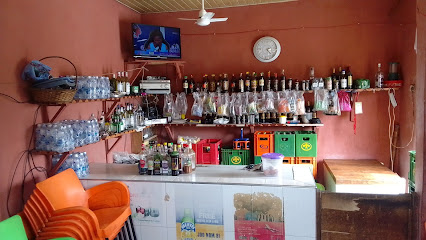
Kumasi
Explore Kumasi, the vibrant capital of Ashanti culture, where history meets nightlife and local traditions come alive.

Ex-Pub
Discover the vibrant nightlife of Kumasi at Ex-Pub, where drinks flow and friendships blossom in a lively atmosphere.
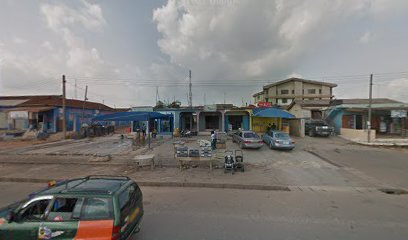
BBJ Pub
Discover the best of Kumasi's nightlife at BBJ Pub, where vibrant energy meets local flavors in a cozy setting.

Sues Pub
Experience the vibrant nightlife of Kumasi at Sues Pub, where refreshing drinks and local culture come together.
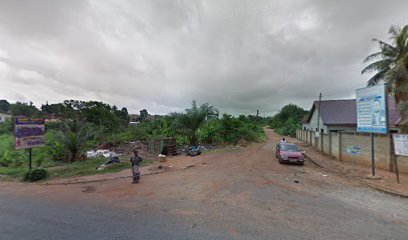
Local Phrases
-
- HelloAane
[ah-neh] - GoodbyeKaa kaa
[kaa kaa] - YesAane
[ah-neh] - NoDaabi
[daa-bee] - Please/You're welcomeMesrɛ
[meh-sreh] - Thank youMedaase
[meh-daa-seh] - Excuse me/SorryƐte sɛn?
[eh-teh sen] - How are you?Wo ho te sɛn?
[woh hoh teh sen] - Fine. And you?Medaase. Na wo ho?
[meh-daa-seh. nah woh hoh?] - Do you speak English?Wodi Inglish?
[woh-dee ing-glish] - I don't understandMewɔ sɛn
[meh-woh sen]
- HelloAane
-
- I'd like to see the menu, pleaseMepɛ menu, mesrɛ
[meh-peh meh-noo, meh-sreh] - I don't eat meatMewɔ nkwan
[meh-woh en-kwan] - Cheers!Afehyia pa
[ah-feh-yee-ah pah] - I would like to pay, pleaseMepɛ sika, mesrɛ
[meh-peh see-kah, meh-sreh]
- I'd like to see the menu, pleaseMepɛ menu, mesrɛ
-
- Help!Boa me!
[boh-ah meh] - Go away!Kɔ dɔɔso!
[koh doh-soh] - Call the Police!Kyerɛ aban!
[chay-reh ah-bahn] - Call a doctor!Kyerɛ dokita!
[chay-reh doh-kee-tah] - I'm lostMewɔ nkyɛn
[meh-woh in-chen] - I'm illMewɔ abɔfra
[meh-woh ah-boh-frah]
- Help!Boa me!
-
- I'd like to buy...Mepɛ kɔ...
[meh-peh koh] - I'm just lookingMewɔ hwee
[meh-woh hwee] - How much is it?Aduane bɔ sɛn?
[ah-dwah-neh boh sen] - That's too expensiveƐyɛ yɛn ko
[eh-yeh yen koh] - Can you lower the price?Wopɛ sika
[woh-peh see-kah]
- I'd like to buy...Mepɛ kɔ...
-
- What time is it?Afe a ɛnkyerɛ sɛn?
[ah-feh ah in-cheh-reh sen] - It's one o'clockƆda a ɔkyena
[oh-dah ah oh-chen-ah] - Half past (10)Ɔda a abɛso (tebɛ)
[oh-dah ah ah-beh-soh (teh-beh)] - MorningAnɔpa
[ah-noh-pah] - AfternoonAwia
[ah-wee-ah] - EveningAnadwo
[ah-nah-jo] - YesterdayNantew
[nahn-teh-oo] - TodayƐnan
[eh-nahn] - TomorrowƐfiri
[eh-fee-ree] - 1Bere
[beh-reh] - 2Mmienu
[mee-eh-noo] - 3Mmiɛnsa
[mee-ehn-sah] - 4Ɛnnɛ
[ehn-neh] - 5Enum
[eh-noom] - 6Nsia
[in-syah] - 7Nson
[in-sohn] - 8Ntoro
[in-toh-roh] - 9Nkron
[in-kron] - 10Du
[doo]
- What time is it?Afe a ɛnkyerɛ sɛn?
-
- Where's a/the...?Ɛhe na...?
[eh-heh nah] - What's the address?Ɛhe ase?
[eh-heh ah-seh] - Can you show me (on the map)?Wopɛ hwee me (a mapa mu)?
[woh-peh hwee meh (ah mah-pah moo)] - When's the next (bus)?Ɛda a...bebre?
[eh-dah ah...beh-breh] - A ticket (to ....)Asew (kɔ ....)
[ah-seh-oo (koh)]
- Where's a/the...?Ɛhe na...?
History of Asokwa
-
Asokwa, a vibrant neighborhood in Kumasi, has its roots deeply embedded in the history of the Ashanti Empire. Founded in the 18th century, Asokwa served as a key area for trade and commerce due to its proximity to the central markets of Kumasi, which were bustling with merchants from various regions. The neighborhood's name, derived from the Twi language, indicates its significance as a place where activities related to the Asantehene (the king of the Ashanti) and his court were prevalent.
-
During the colonial era, particularly in the late 19th and early 20th centuries, Asokwa experienced significant changes. The British colonial administration recognized the importance of Kumasi as the capital of the Ashanti Region and invested in infrastructure development. Roads were constructed, facilitating trade and movement, and Asokwa became a key residential area for both locals and expatriates. This period saw the introduction of Western education and health facilities, which had a lasting impact on the community.
-
Asokwa played a notable role during the struggle for independence in Ghana. In the mid-20th century, the neighborhood became a hub for political activities, with local leaders and youth rallying for self-governance and the end of colonial rule. The influence of traditional Ashanti leadership combined with emerging political movements made Asokwa a focal point for discussions on independence, culminating in the larger national movement that led to Ghana's independence in 1957.
-
Today, Asokwa stands as a dynamic neighborhood that reflects the rich cultural heritage of the Ashanti people. With its bustling markets, traditional festivals, and modern amenities, the area showcases a blend of old and new. The annual Akwasidae festival, celebrated by the Ashanti, sees many from the region coming to Asokwa to participate in traditional rites, music, and dance, reinforcing community ties and cultural identity.
-
In recent decades, Asokwa has faced challenges typical of urban areas in Ghana, including rapid population growth and infrastructural strain. The neighborhood has evolved with new residential developments, commercial activities, and educational institutions. However, issues such as traffic congestion and waste management have emerged, prompting local leaders to seek sustainable solutions while preserving the cultural essence and historical significance of the area.
Asokwa Essentials
-
Asokwa is well-connected to other neighborhoods in Kumasi. You can take a taxi or a shared minibus (trotro) from the central bus station or any major area in Kumasi. The fare is generally affordable, and the journey takes approximately 20-30 minutes depending on traffic. For those coming from the Kumasi International Airport, a taxi will take about 30 minutes to reach Asokwa.
-
Asokwa is a vibrant neighborhood best explored on foot, as many local attractions and markets are within walking distance. Taxis and trotro are available for longer distances or to reach specific destinations within Kumasi. Bicycles can be rented in some areas, providing a unique way to explore the local streets and surroundings.
-
Asokwa is generally safe for tourists, but standard safety precautions should be observed. Areas around the main markets can be crowded and may attract pickpockets. Avoid walking alone at night in less populated areas, particularly near the outskirts. Always be mindful of your belongings and stay aware of your surroundings.
-
In case of emergencies, dial 112 for police assistance or 192 for fire emergencies in Ghana. The nearest hospital is the Komfo Anokye Teaching Hospital, which is equipped for medical emergencies. It is advisable to have travel insurance that covers health emergencies. Local pharmacies are available for minor health issues.
-
Fashion: Do dress modestly and comfortably; avoid overly revealing outfits. Religion: Do respect local customs, especially when visiting mosques or churches. Public Transport: Do be courteous and offer your seat to the elderly. Don't engage in loud conversations or eat while on public transport. Greetings: Do greet locals with a warm handshake and a smile. Eating & Drinking: Do try local street food and accept offers of food graciously. Don't waste food or display disinterest in local dishes, as it may be considered rude.
-
To experience Asokwa like a local, visit the local markets, such as the Asokwa Market, where you can find fresh produce and handmade crafts. Engage with local artisans and vendors, as they often enjoy sharing stories about their crafts and culture. Try to learn a few phrases in Twi, the local language, as it will enhance your interactions. Also, consider participating in local festivals or events, which are a fantastic way to immerse yourself in the culture.
Trending Landmarks in Asokwa
Nearby Cities to Asokwa
-
Things To Do in Sunyani
-
Things To Do in Koforidua
-
Things To Do in Cape Coast
-
Things To Do in Sekondi-Takoradi
-
Things To Do in Accra
-
Things To Do in Takoradi
-
Things To Do in Ho
-
Things To Do in Kpalimé
-
Things To Do in Abidjan
-
Things To Do in Notse
-
Things To Do in Atakpamé
-
Things To Do in Tamale
-
Things To Do in Lomé
-
Things To Do in Aneho
-
Things To Do in Lokossa






